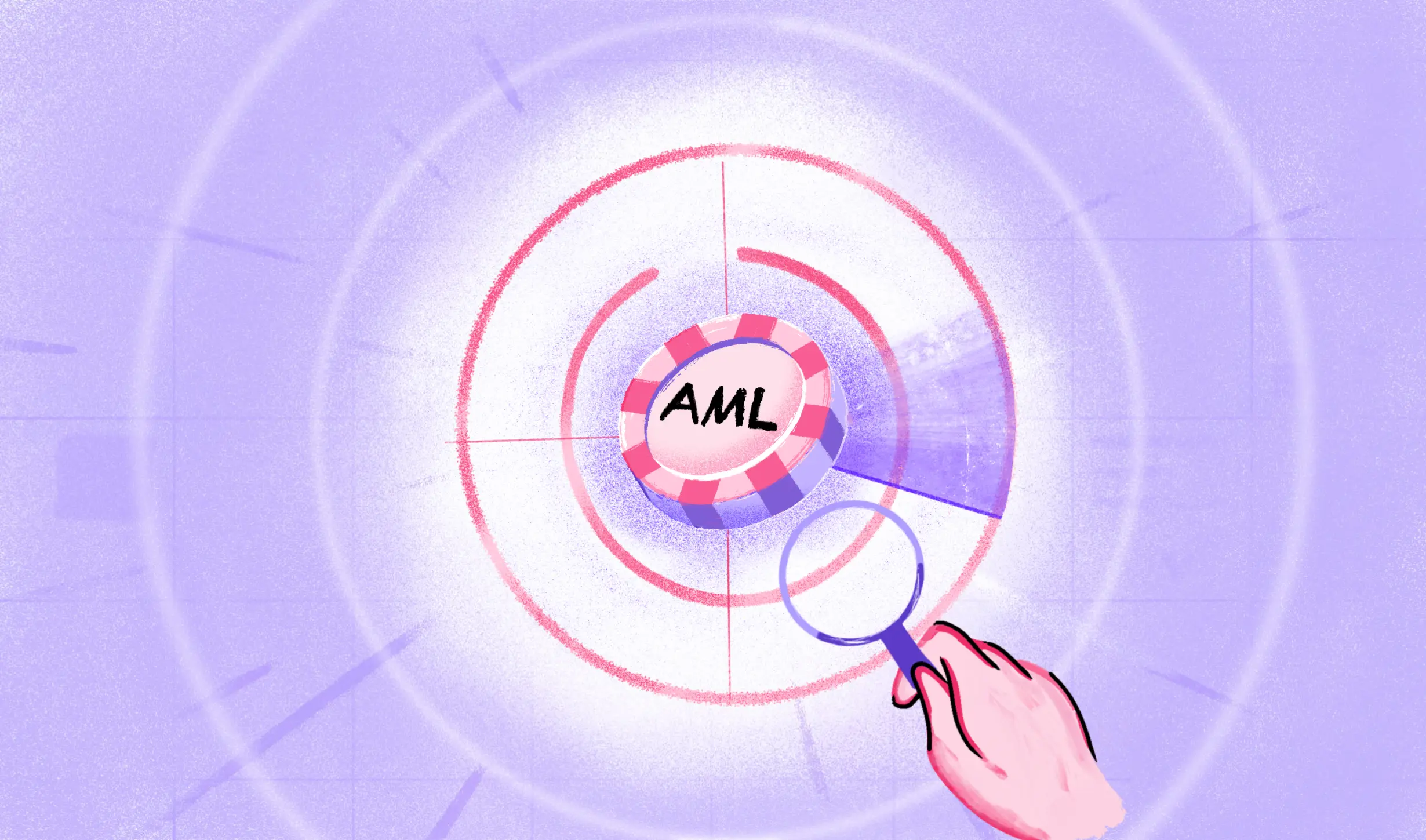Every financial institution is at risk of financial crime and money laundering. To protect their business, financial institutions enlist the help of Compliance Officers AML, or AML officers. AML stands for anti-money laundering. A Compliance Officer oversees the established norms and procedures to detect, prevent and report any suspicious activity in a financial institution.
The compliance officer AML plays a crucial role in any financial organization. This post overviews the qualifications and duties of an AML officer in a financial institution.
Compliance Officer AML roles and responsibilities
The primary role of an AML officer is to ensure that a financial institution meets all local, federal, and international anti-money laundering regulations. They must enforce anti-money laundering policies that meet the government and international norms.
The Compliance Officer AML does periodic reviews and looks for trends in customer transactions to spot suspicious activities. They ensure that all internal controls are in place and operating smoothly. Additionally, they educate the staff on the institution’s compliance procedures.
An AML officer schedules inspections with third-party organizations to spot and fix any errors in their anti-money laundering programs. They stay up to date on the latest legislation related to anti-money laundering, domestic and global. They regularly monitor the industry’s trends.
Qualifications
The qualifications for a Compliance Officer AML vary depending on the financial institution’s size and the scope of the role. However, a degree or professional qualification in law, accounting, finance, or business is typically required.
Work experience in the financial services industry is highly desirable. The candidate should know how to tackle financial crime, money laundering, and compliance issues. A compliance officer AML must have excellent communication skills to interact with various stakeholders about briefs and legal matters.
Compliance Officer AMLs need to thoroughly understand a financial institution’s processes, operations, and customer base. They should be able to catch any suspicious activities in business matters.
Skills required for Compliance Officer AML
A Compliance Officer AML must possess several skills to succeed in their role. They should be able to fulfill their roles and responsibilities efficiently.
The required skills include:
- The ability to identify potential money laundering risks
- Knowledgeable of a financial institution’s products, services, and customer base
- Excellent maths skills, including an understanding of statistics
- Strong problem-solving and analytical skills
- Excellent communication and interpersonal skills
- Knowledge of banking and financial regulations
- Ability to interpret financial statements
- Good organizational and management skills
- An understanding of financial crime
- Excellent report-writing skills
- Highly organized
- Project management
- Ability to work independently
- Knowledge of technologies used to detect, prevent, and report money laundering
Financial institutions should look for individuals with the right skill set and qualifications for the role of AML Officer.
Leveraging Technology to Assist The Compliance Officer AML
In addition to hiring a Compliance Officer AML, financial institutions should consider leveraging technology to assist them in their duties. Technology can include a wide array of solutions. Institutions can use software programs, such as AML screening and AI-driven systems, to detect and report any suspicious activities.
Artificial intelligence and machine learning help verify the identity of employees during onboarding. This ensures that employees at financial institutions, especially banks, have no criminal record or known connection to money laundering activities.
Conclusion
A compliance officer AML is integral to any financial institution’s security and compliance strategy. Candidates must have the right qualifications, experience, and skills to successfully fulfill their duties.
Financial institutions should invest in advanced technology to assist the Compliance Officer AML in performing their role. This will help ensure that all applicable laws and regulations are met and that any suspicious individuals are filtered out during onboarding.
HyperVerge offers a robust AML screening solution that financial institutions can use to carry out customer identity verification and meet all compliance requirements. The solution is easy to use and gives reliable results.
FAQs
Who is a Compliance Officer AML?
A Compliance Officer AML is an individual who has the necessary qualifications, experience, and skills to identify money laundering risks and ensure that the organization meets all applicable laws and regulations.
What skills does a Compliance Officer AML need?
A Compliance Officer AML needs to possess several skills, such as knowledge of banking and financial regulations, excellent math skills, strong problem-solving and analytical skills, and an understanding of financial crime.
What does AML screening involve?
AML screening is a process of identity verification used to detect and report any suspicious activities. The screening process uses artificial intelligence and machine learning to verify the identity of employees and filter out any suspicious individuals.

 US
US
 IN
IN









